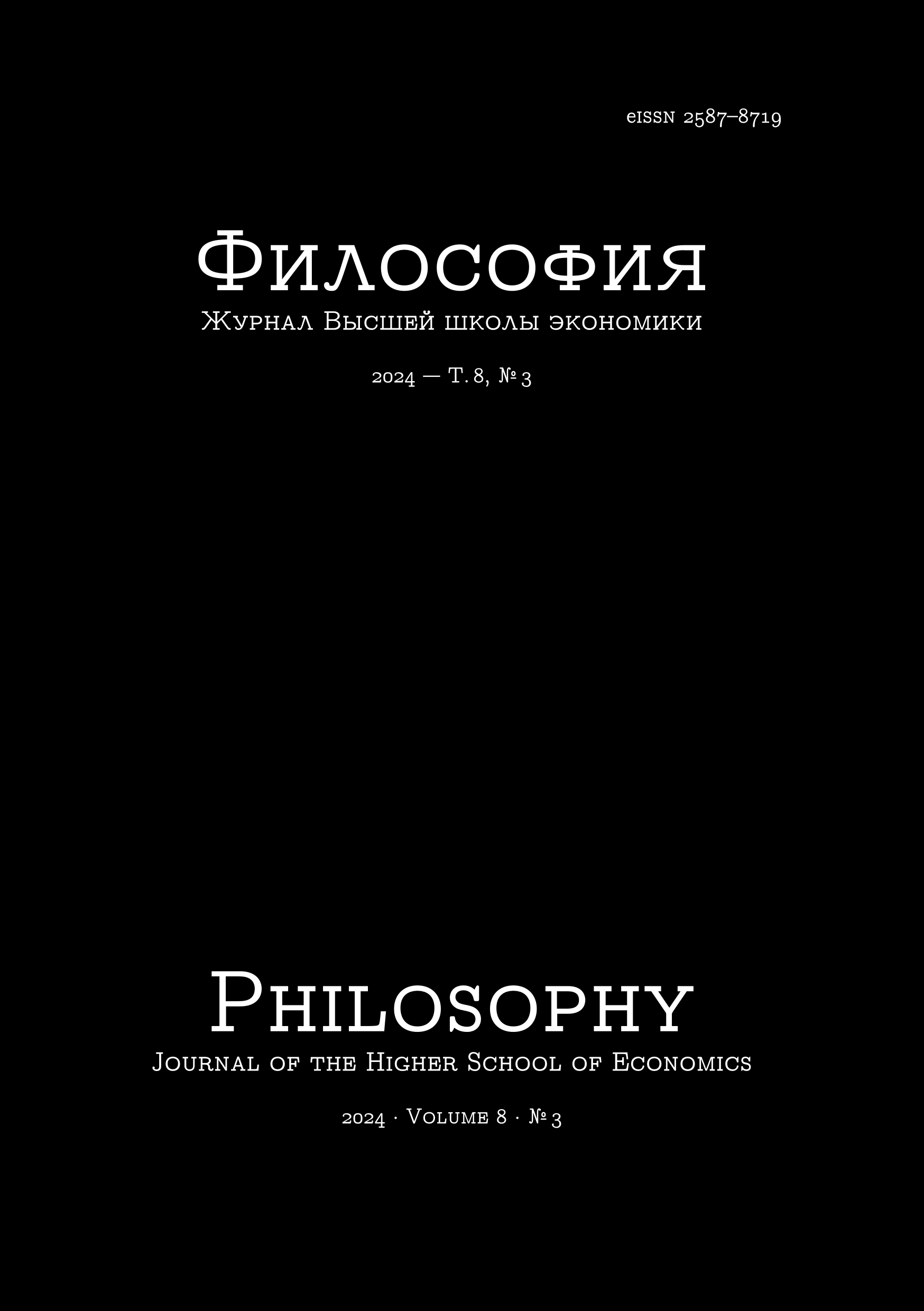Prince Andrei Kurbskii's Ethical and Political Doctrine
Abstract
The article proposes to consider Prince A.M. Kurbskii's juridical and political views as a linguistic problem. The well-known fact of shift from his religious and political thesaurus before his emigration in 1564, to the literary works and translations written during his life in the Polish Crown and the Grand Duchy of Lithuania (and in the Polish-Lithuanian Commonwealth), serves as launch point for the interpretation of Prince Kurbskii's “macaronic” language in emigration as a special educational project, one that arose in connection with the plan of an Orthodox Academy for the Russian nobility and emigrants from the Moscow state being prepared in the Prince's intellectual circle. At the heart of this project was a corpus of biblical, patristic, and historical writings designed to instruct fighters against tyranny and defenders of Orthodoxy in the struggle against religious dissidents. This task was aided by the book-glosses with which Prince Kurbskii and his collaborators constructed semantic fields that brought Orthodox education closer to Catholic scholasticism and ancient ethical-political doctrines.
Downloads
Copyright (c) 2024 Philosophy Journal of the Higher School of Economics

This work is licensed under a Creative Commons Attribution-NonCommercial 4.0 International License.






